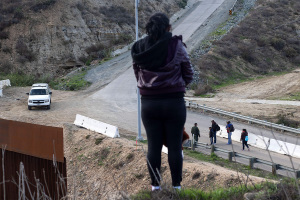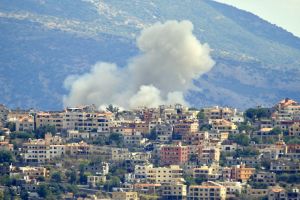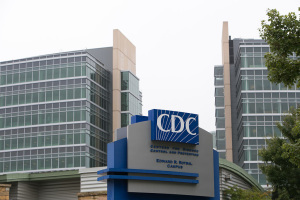Who destroyed Africa?
Delegates to the 8th All Africa Conference of Churches call for a restructuring of Africa and its churches
YAOUNDE, Cameroon — Nearly 8,000 people, including delegates to the 8th All Africa Conference of Churches and Mozambique’s President Joachim Chissano, gathered for a powerful night of worship and reflection at Yaounde Cameroon.
Drawing on Nehemiah 2 for its theme, “Come, Let us Rebuild,” the assembly – representing 169 member denominations and 27 national ecumenical councils – adopted a 10 point plan of action on HIV/AIDS and challenged its member bodies to restructure the organization alongside the recovery of the African continent.
During his keynote address, President Chissano asked, “Who destroyed Africa?” He asserted that Africa is responsible for its current woes and should not blame past colonial governments for the present needs.
Chissano, a Roman Catholic, affirmed the importance of the church, with its capacity for mobilizing people from the grass roots and its experience in providing services such as education and health, both crucial for development.
Rev. Mvume Dandala, the AACC’s new chief executive agreed with Chissano, telling the delegates to expand the influence of the church.
"This may mean speaking out to those in power in ways that will not always make us popular, but we have a responsibility to God and to the continent to do so," said the Rev. Dandala.
Dandala said churches must hold the new African Union accountable to its own commitment to ensure that member countries are "governed democratically, responsibly and transparently." Religious leaders also must examine the values and strategies employed in the union’s New Partnership for Africa’s Development to make sure those are accompanied by values and principles that the church believes should guide stewardship of the world’s resources, he added.
"The church must ... constantly subject capitalism to the values of the Kingdom of Christ, where caring for and sharing with the weak are the operative maxims," said Dandala, the immediate past presiding bishop of the Methodist Church in Southern Africa.
Subsequent speakers addressed a wide range of issues under four sub themes: health and healing, Africa and democratization, human rights, globalization and poverty, and the "selfhood" of the African church.
The Right Rev. Nyansako-Ni-Nku, moderator of the Presbyterian Church of Cameroon, was elected as the conference’s president for the next five years.




























